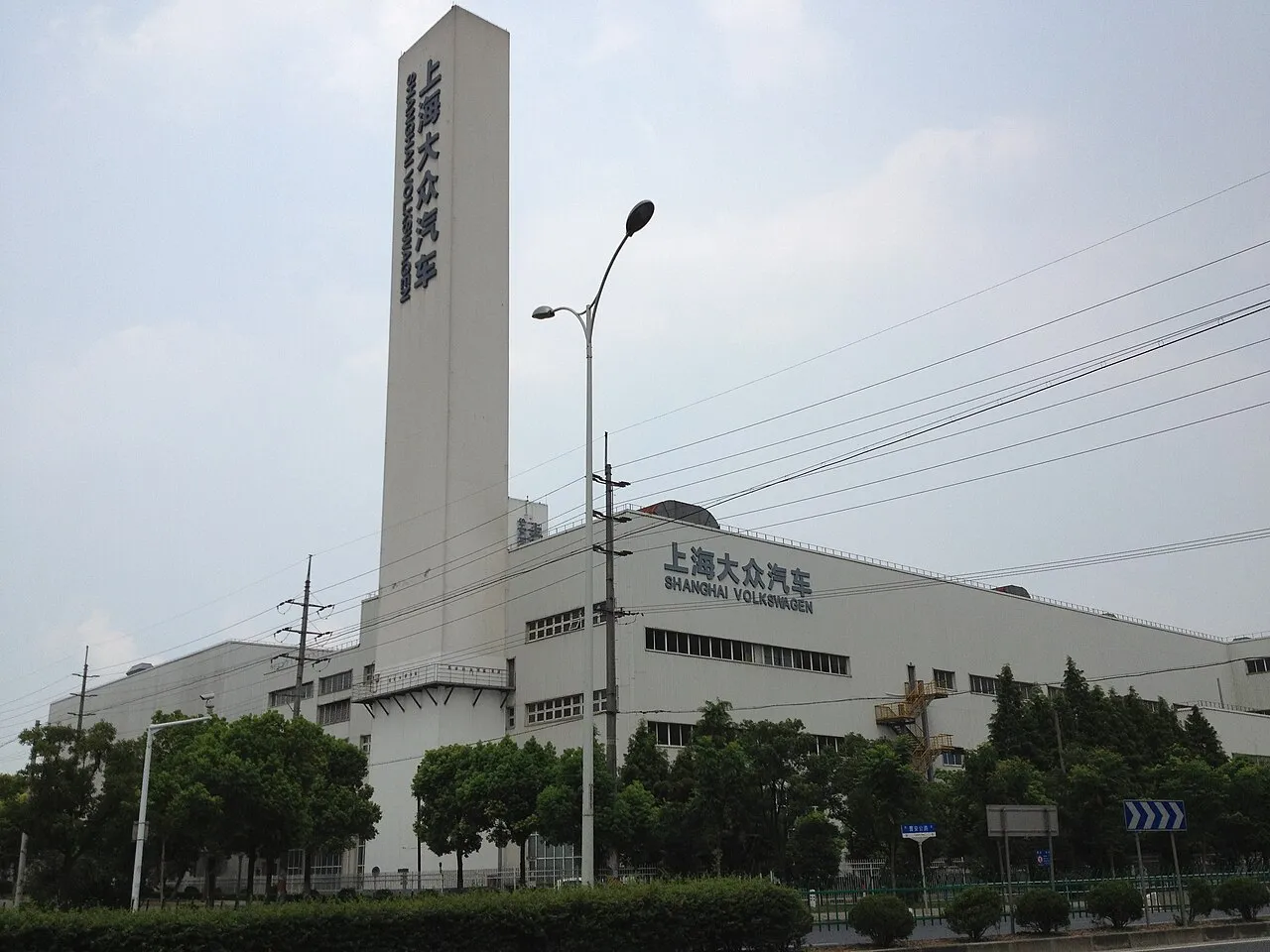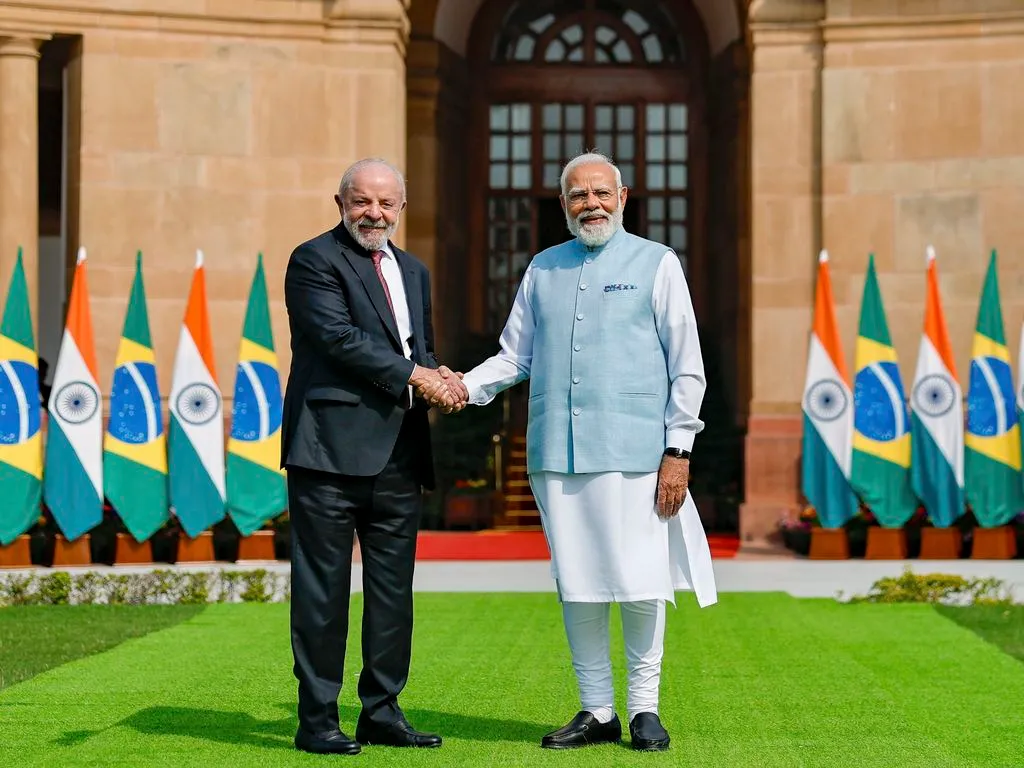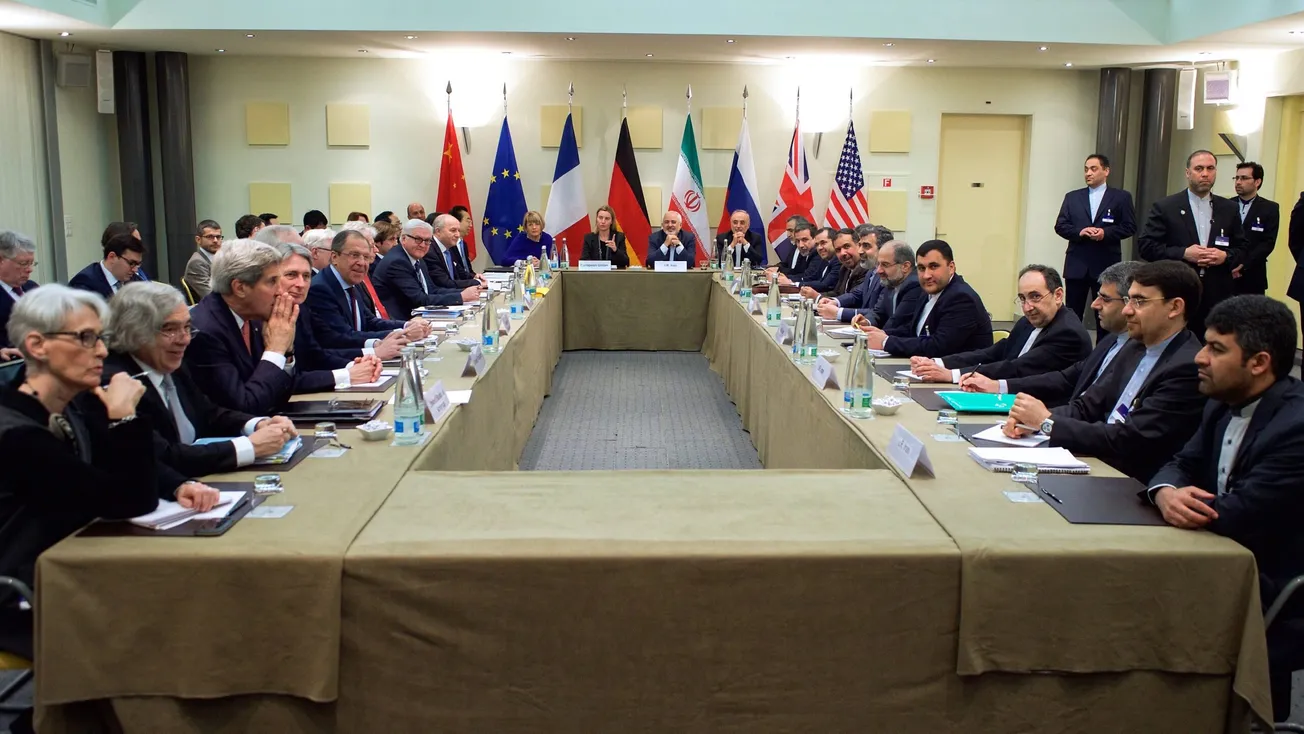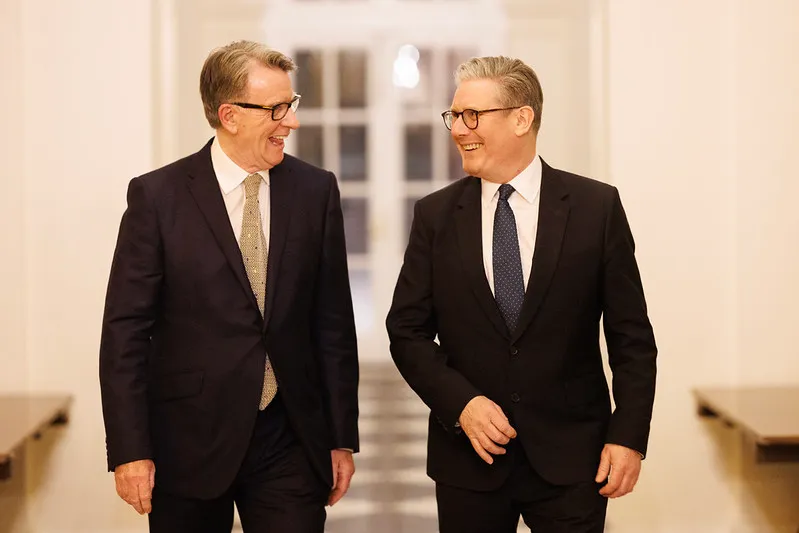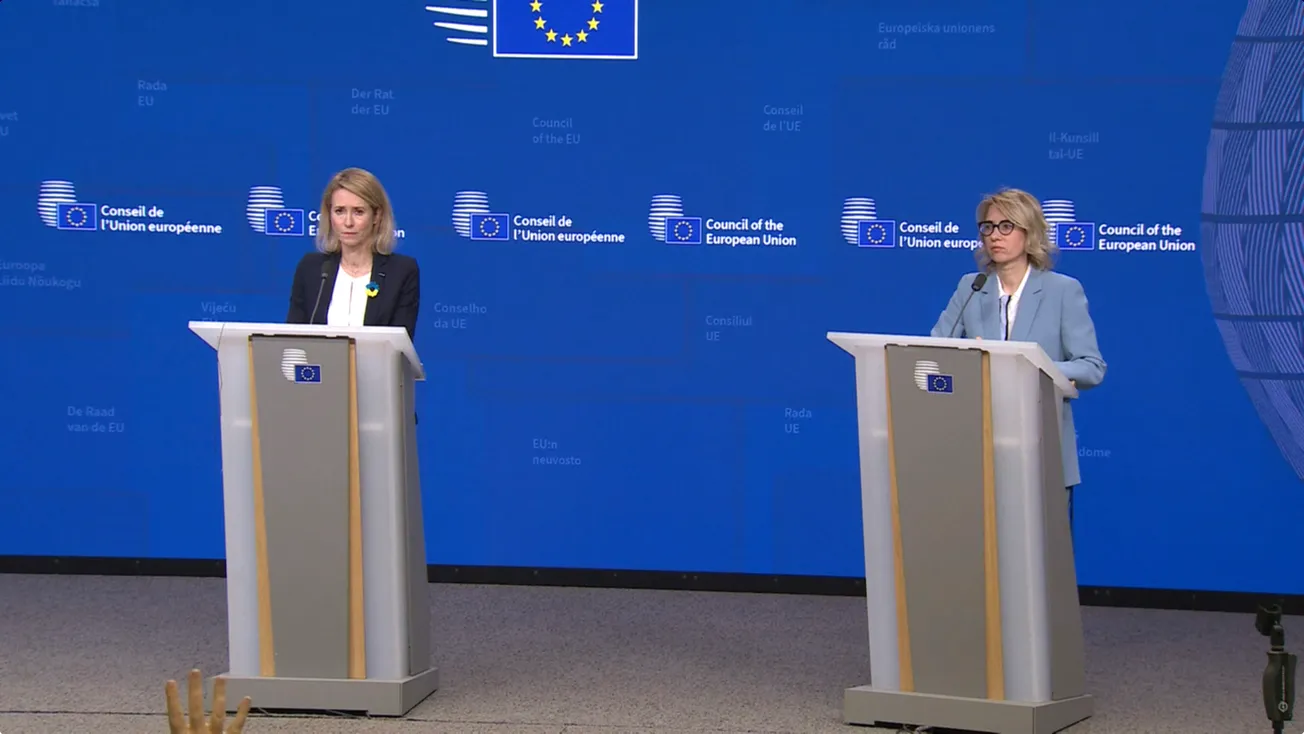President Marcos Jr. has wrapped up his visit to China, where he had in-depth meetings with Chinese President Xi and other leaders. Despite attempts to pit the Philippines against China over disputes in the South China Sea, the new president has firmly rejected that approach in favor of friendly relations and a spirit of mutually beneficial development.
At the end of his meeting with Xi, President Marcos said they had had a very long meeting, and that he is “very optimistic” about the relationship. “We had a very fruitful exchange of ideas and beginnings of a plan for moving forward,” the president said, “and we covered so many subjects, much more than as usual for these very formal meetings. We talked about the trade imbalance between our country and China and what we can do to remedy this,” Marcos told reporters. “We also discussed what we can do to move forward, to avoid any possible mistakes, misunderstandings that could trigger a bigger problem than what we already have.”
On the issue of the South China Sea and fishing rights, Marcos was pleased with Xi’s pledge to “find a compromise and find a solution that will be beneficial” to both sides. He said the Philippines is “willing to continue to properly handle maritime issues through friendly consultation.” Otherwise, Marcos flanked the anti-China hysteria being whipped up by Western nations, and said, “China is the strongest partner of the Philippines, and nothing can hold back the continuation and development of the Philippines-China friendship.” On another occasion he commented on his meeting, “I hope to prove to the world through this visit that the Philippines-China relationship is in very good shape and is very important, and that both sides attach great importance to this relationship and are committed to taking it to a new height.”
As had earlier been reported, the two presidents signed 14 bilateral agreements, and concluded $22 billion worth of trade deals. The agreements included an updated MOU on China’s Belt and Road Initiative, a new line of communication for any disputes in the South China Sea, agricultural, infrastructure, energy (some of it “renewable"), and tourism. On infrastructure, it included new bridges over the Pasig-Marikina River, the Manggahan Floodway, and the ongoing Davao-Samal Island Bridge. There were also agreements made to restart gas and oil exploration and drilling in the South China Sea, which had been stopped as a result of pressure from the US in recent years.
Also of note, upon returning to Manila after his trip, President Marcos remarked that, “I emphasized to President Xi how my administration intends to pursue an independent foreign policy, that we are more than willing to cooperate whenever possible in the pursuit of regional peace and our two countries’ national interest.”


